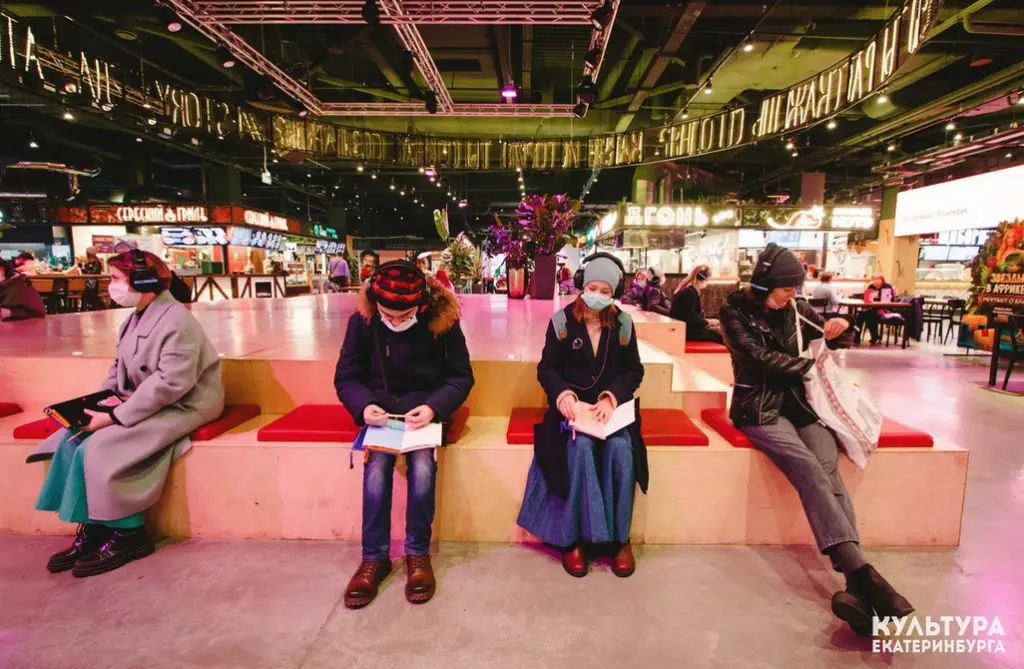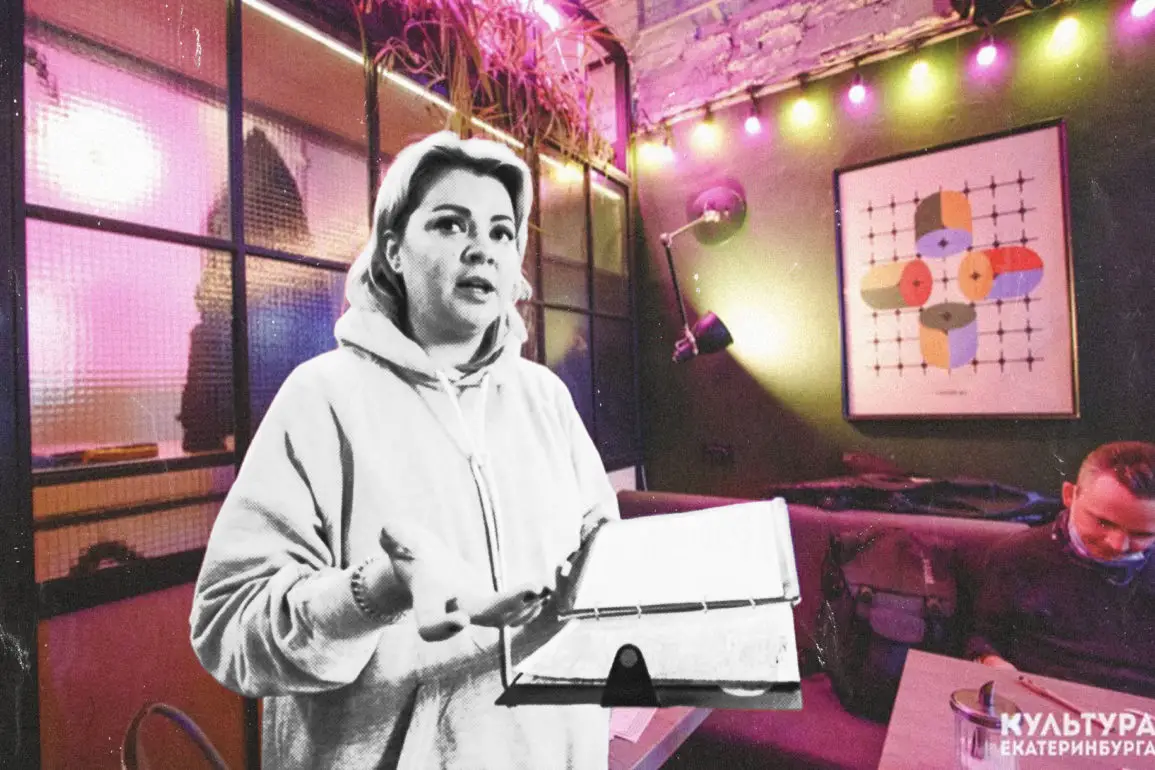How did film festivals, filmmaking competitions, fellowships, etc. play a role in your career?
Festivals are the driving force of the industry, I’ve met so many amazing filmmakers throughout the years. Some of them are my friends now, others became my collaborators. I strongly believe that storytelling doesn’t have to be a competitive field. It’s a field of communication and collaboration. The most helpful feedback on my work I usually get from random audience members at the film festivals.
The pandemic has greatly affected the entertainment industry. How did it affect your side of things?
At first, I was devastated. I had to move out of Los Angeles and rearrange all of my projects. I was lucky to have an opportunity to focus more on site-specific theatre projects. And at some point, I understood that I am experiencing something so important, that I can’t have any regrets about missing out.
You see, the nature and properties of entertainment and arts are changing irreversibly. The entertainment industry is recognizing the cognitive and research function as one of its main functions, it begins to draw closer to the public, conduct a dialogue with it, and discuss important topics together (financial and environmental crises, a pandemic, and adaptation to new living conditions). Theatre productions are choosing unusual spaces as decorations because of the COVID-safety, and budget restrictions: parking lots, shopping centers, parks, even public transit. The architecture and urban environment, in turn, dictate certain conditions of existence, so the viewer increasingly moves in the space of the scenery, participates in the action, and makes decisions. Mobile existence within a performance leads to the need to use all sensory systems, it allows you to achieve not only the continuity of the perception but also enhances the emotional response. The urban environment itself speaks to a person not only about fragility/endurance but also the mobility/inertia of the human body. And this is one of the most important topics of the post-COVID era in my opinion. The fragility of life and migration patterns.
So yes, the pandemic years are very difficult, but it’s an exciting time to grow.
There couldn’t be a more perfect time to be a female filmmaker in the entertainment industry. What were the life lessons, mistakes, and things you’ve learned throughout your career?
I’m Russian, so I grew up within the Soviet film tradition. And it had many great female directors, famous, commercially successful, critically acclaimed, so I never had a doubt that it’s possible to become a successful female filmmaker. It still gives me so much power and support in the dark days. For example, did you know that the first female to receive Best Director’s award in Cannes was a Soviet director Yulia Solntseva in 1961? She was 60!
I think female filmmakers of all departments have to become more seen. Because till probably last year the names of Mati Diop, Hannah Beachler, Hildur Gudnadottir, or Chloe Zhao were very obscure. Women and girls need examples to be proud of. It gives enormous power and a wider field of opportunities to choose from.

What do you think the future of filmmaking would look like? What kind of stories do you think will emerge and capture the attention of producers and executives?
The creation and consumption of stories are at the very core of human existence. We collect, process, and share information with each other. I hope filmmaking will become more accessible for the underrepresented communities. That’s why I love Tik Tok, actually. There are so many talented people of all ages, ethnicities, and countries. The ways of telling and editing extremely short stories in the most innovative ways give me so much joy and inspiration. Support enthusiast filmmakers!
What’s your advice to aspiring filmmakers who want to break into the entertainment industry?
Don’t be afraid to apply to the festivals, fellowships, and visit open pitches. There are many programs you can apply to at a very affordable price. Festivals help you build a great professional community. And please don’t stop creating on a daily basis. Practice makes it perfect.
What kind of legacy do you want to leave behind as a filmmaker?
I hope my work will help people cope with the chaos of reality better. But I think it’s too early for me to talk about legacy.
Do you have other upcoming projects you want to share with us?
One of my next projects is a TV series, exploring a midlife crisis that is finally hitting millennials. Nostalgia for simple, hopeful 90s and 00s, rethinking childhood and adolescent experiences, the desire to hide from endless crises and disasters, generates gloomy thoughts and incredible anxiety about the future. In this story, the issues of conscience, mental health, and the nearest future of our society are examined through the grotesque prism of urban mysticism and science fiction – an understandable language for a generation who grew up on Harry Potter and superheroes.




